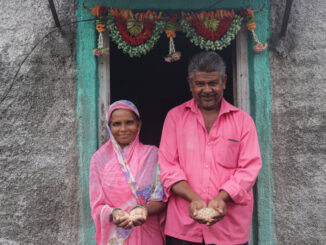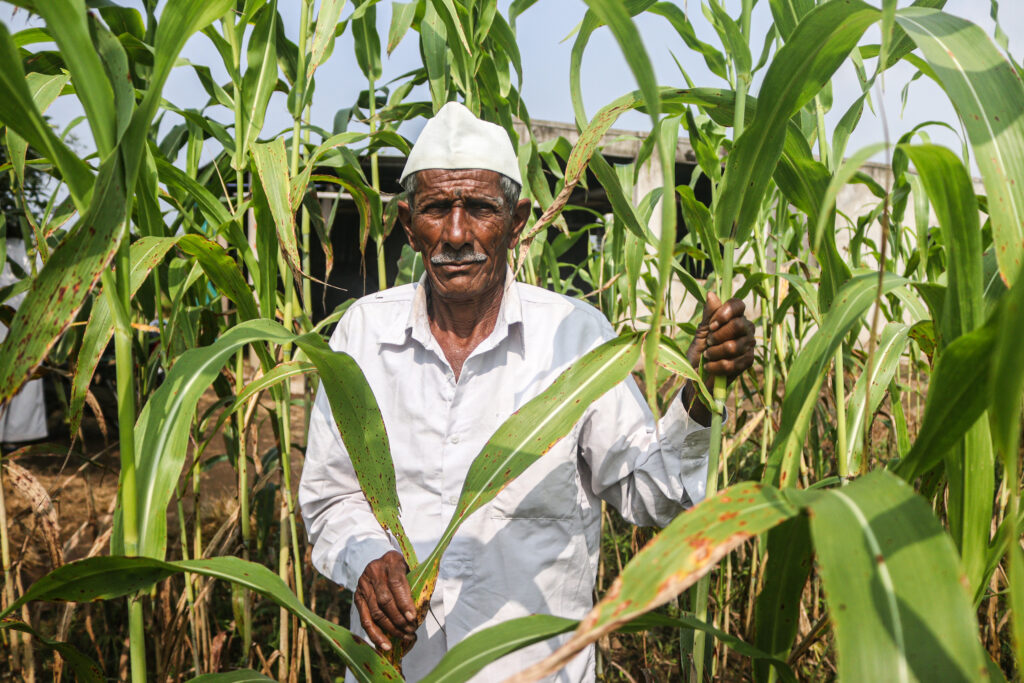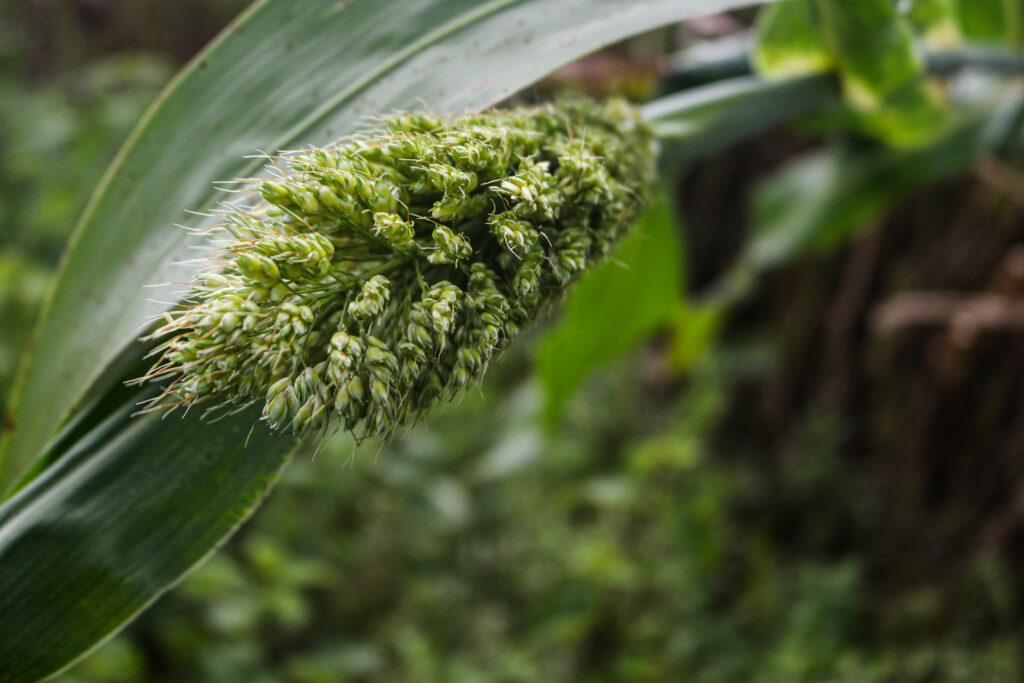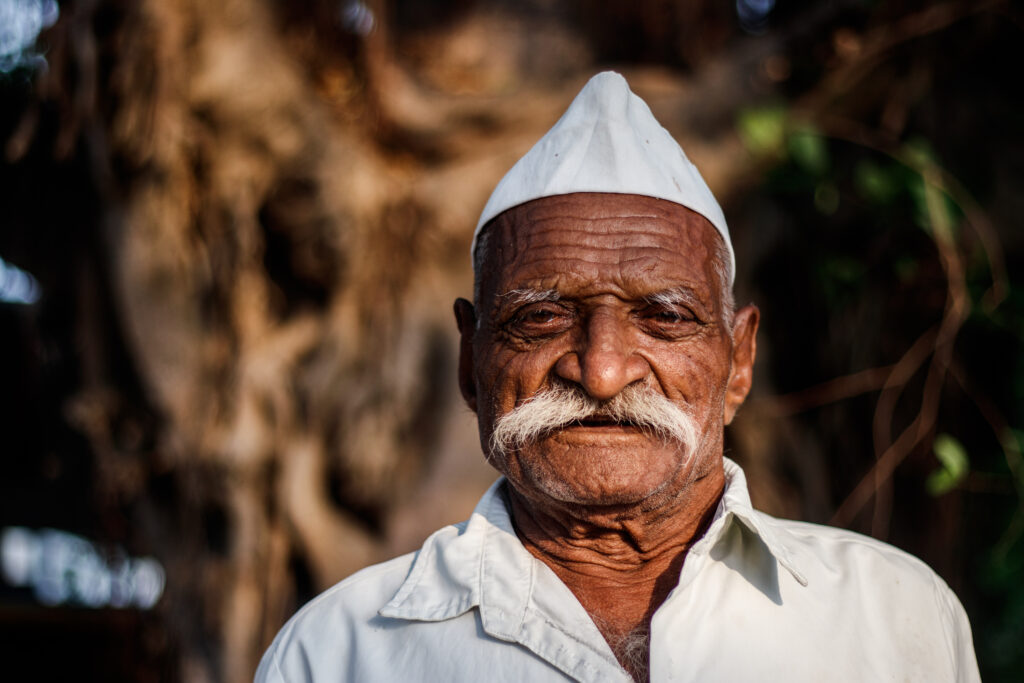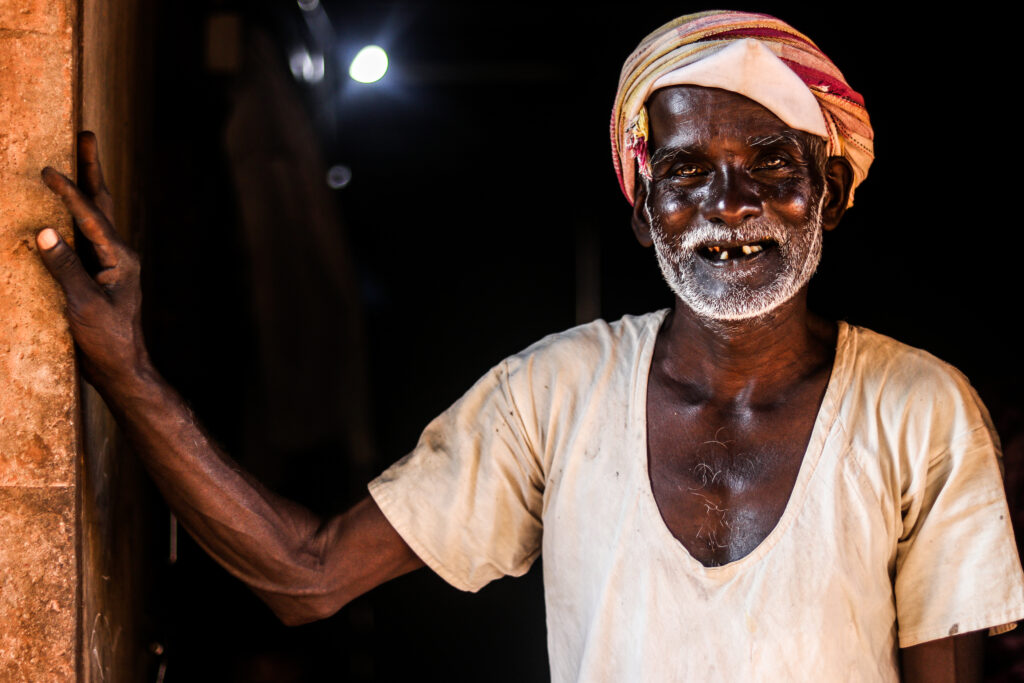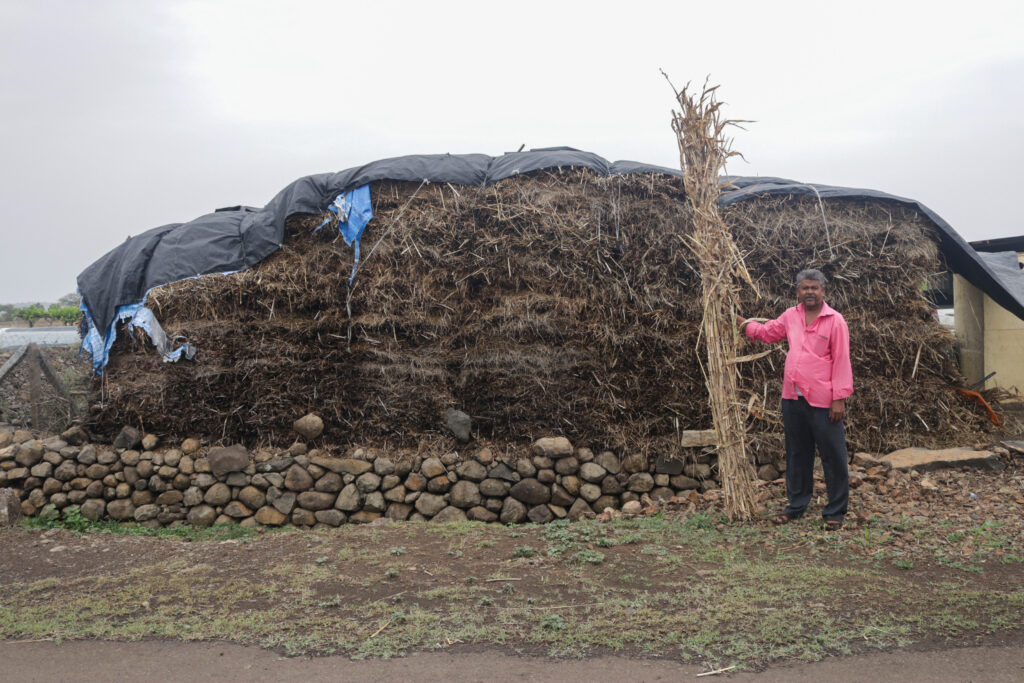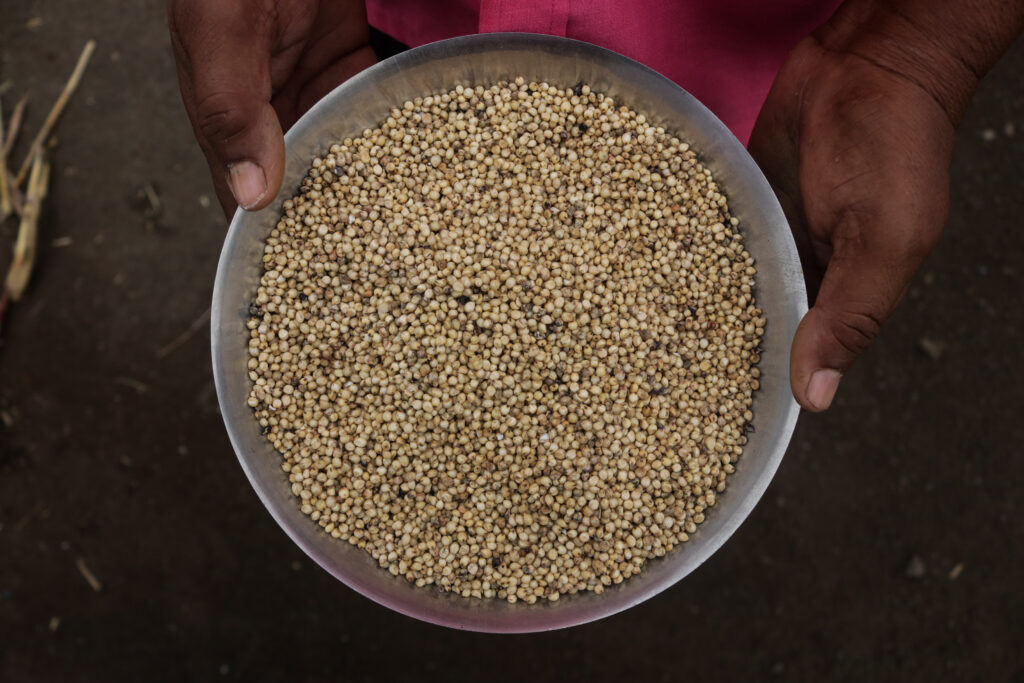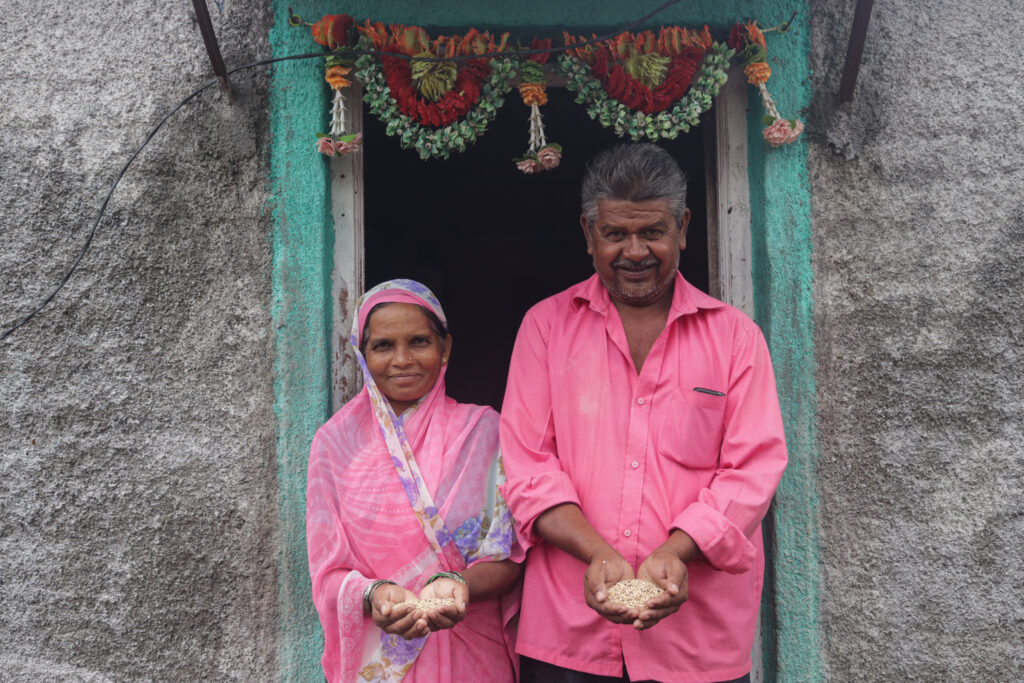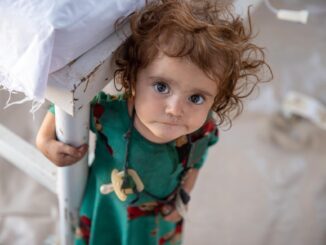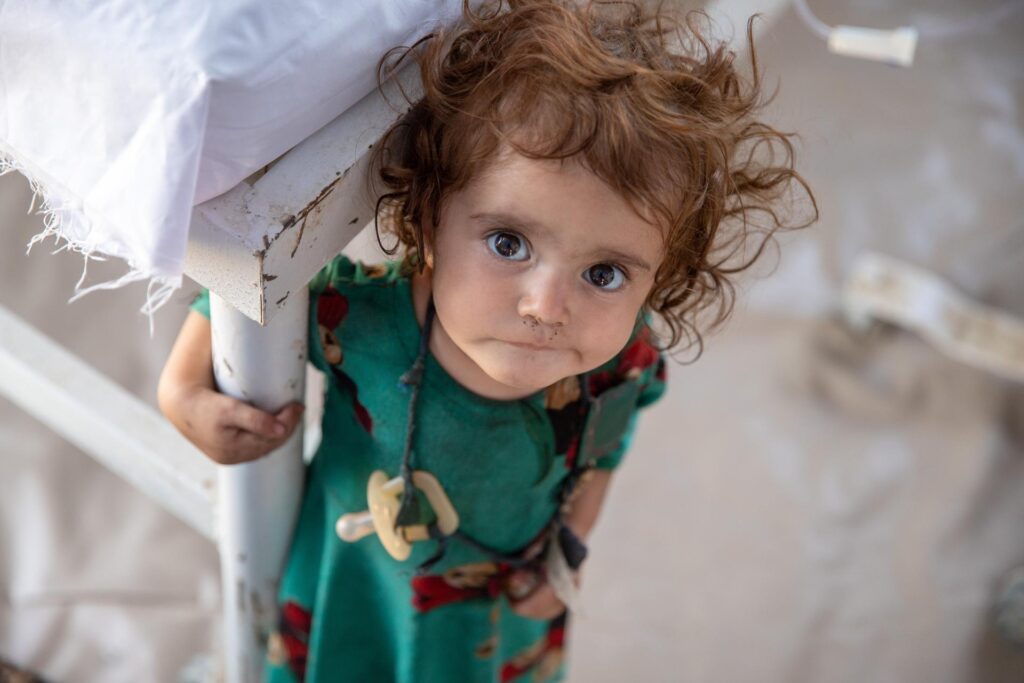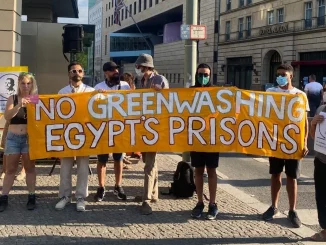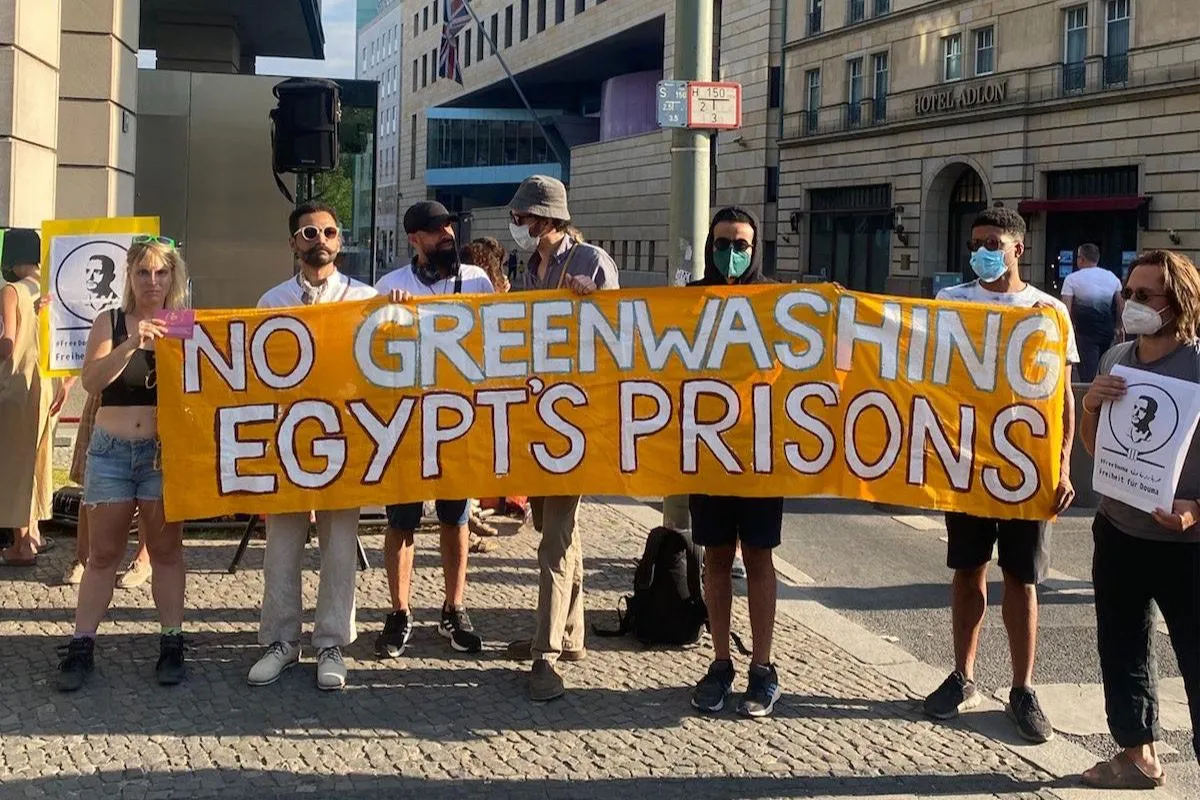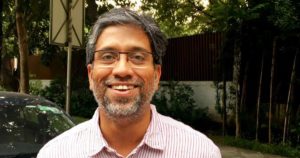
“The very thought of him having to plead to jail authorities regarding a basic service like clean water to wash his swelled eye still gives me anxiety attacks,” says Jenny Rowena, wife of Hany Babu.
Babu, a 55-year-old Delhi University professor, is among many political prisoners who have been detained after having been charged under a draconian Indian law, the Unlawful Activities Prevention Act (UAPA). His family released a statement to the press that mentions Babu’s severe eye infection, which could damage his vital organs.
Only after Babu’s family’s repeated appeals did the court allow him to get proper medical treatment and tests at a private hospital, the expenses of which his family will bear.
This is a glimpse into the conditions the Indian state machinery forces people to endure as it goes about filling overcrowded prisons, in violation of basic civil and legal rights, as the pandemic ridden situation further deteriorates. The situation has worsened because of the ruling Bharatiya Janata Party (BJP)’s use of a 54-year-old draconian law.
India’s National Investigation Agency (NIA) had arrested Babu in a case referred to as the “Bhima Koregaon case.” Bhima Koregaon is a village in the western Indian state of Maharashtra. The NIA alleged several activists gave incendiary speeches, causing clashes to erupt January 1, 2018, between Dalits and Hindu right-wing groups.
Many other activists and academics, including Anand Teltumbde, Sudha Bhardwaj, Father Stan Swamy, Gautam Navlakha and others—most of whom are 50 or older—were arrested in the same case and continue to languish in jail. They have been denied proper medical treatment, even as they suffer ailments.
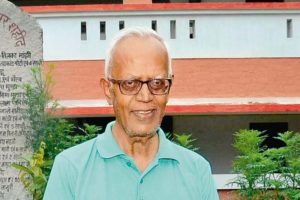
For example, Father Stan Swamy, 84, a tribal-rights activist, has Parkinson’s Disease. He told the court during a May 21 hearing that during the past eight months he has been detained, his health condition has worsened.
“When I came here, I could eat, read, take a bath by myself,” Swamy testified. “Now I have to depend on others even to feed me.”
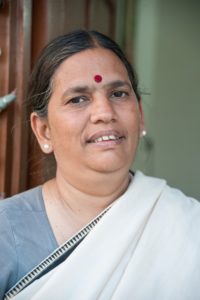
The family of Sudha Bhardwaj, a 60-year-old lawyer-activist, approached the court to access her medical records. She suffers from diabetes, hypertension and several other health issues. Meanwhile, others like writer and activist Anand Teltumbde suffer from asthma.
Yet another political prisoner, G.N. Saibaba, a 53-year-old who was formerly a professor at Delhi University, continues to live in similar conditions. He is 90 percent disabled and also tested positive for COVID-19 in February. His daughter, Manjeera, says although he has recovered, Saibaba is weak. She says despite several letters to jail authorities and the Ministry of Home Affairs, which oversees Indian internal security and domestic affairs, no helper has been provided.
“He is 90% disabled and can’t do work on his own. He needs a helper to do his day-to-day activities. Whether it’s brushing his teeth, getting up from the bed, going to the toilet—he needs help with everything,” Manjeera says. “But there is no helper.”

She also alleges that despite knowing co-morbidities could be life-threatening for a COVID-19 infected patient, he wasn’t provided proper medical care after testing positive. The family had no choice but to hire a courier service to transport life-saving medicines and supplements to him.
A medical facility is attached to every jail. However, Manjeera said they are unprepared to treat inmates.
“The jail hospital—there is no hospital. It’s like a small barrack: A bed and that’s it,” she explained. “There is no one to take care of you.”
Meanwhile, Saibaba, who was arrested in 2014, is serving a life sentence for his alleged links to the banned Communist Party of India (Maoist).
All these political prisoners, lodged in several jails across India, continue to live in devastating conditions as the coronavirus wreaks havoc across the nation.
Deploying a Draconian Law During Lockdown
An important mechanism used by the Indian state to prevent political prisoners from being released is the Unlawful Activities Prevention Act (UAPA). The law—enacted in 1967—reverses “innocent until proven guilty” to “guilty until proven innocent.” The ruling BJP amended the UAPA in July 2019 to designate an individual as a terrorist without trial. Previous versions of the act only allowed groups to be designated as terrorists.
In introducing the amendment, Home Minister Amit Shah said individuals should be charged under the law for taking part in an act of terrorism, for helping prepare for such an act, and for raising money or spreading information to aid terrorism.
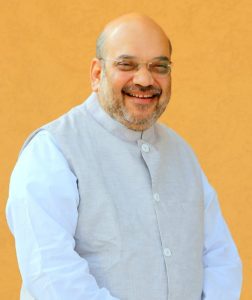
“Sir, guns do not give rise to terrorism, the root of terrorism is the propaganda that is done to spread it, the frenzy that is spread,” Shah told the Indian Parliament in 2019. “And if all such individuals are designated as terrorists, I don’t think any member of parliament should have any objection.”
This anti-terror law allows the detention of the accused without charge for up to 180 days.
“UAPA is something that with its amendments is designed to detain people indefinitely,” as prominent social activist and author Harsh Mander points out. “This can be understood from the fact that no charge sheet has been filed in the Bhima Koregaon and Delhi riots case, and yet the people are being detained indefinitely.”
In December 2019, as the Indian government passed the controversial Citizenship Amendment Act (CAA), protests erupted across the nation. However, in the wake of the protests, riots broke out in various parts of northeast Delhi during February 2021, after which several activists—many hailing from the marginalised minority communities—were arrested under the UAPA.
Mander alleges the BJP-led government has used a medical emergency to keep political prisoners inside prison without access to lawyers and proper healthcare facilities.
“Although the amendments in UAPA were made by previous governments, the current ruling party has used it to a greater extent and as a weapon against dissent,” Mander said.
He also asserted courts have failed undertrials (people detained while awaiting trial) and prisoners in safeguarding their rights.
“The courts should have objected and released guidelines regarding the release of undertrials and de-congestion of prisons,” Mander added. “They should have taken a sympathetic and humane view regarding the political prisoners.”
The overcrowding in Indian prisons is not a new phenomenon. Currently, 44 million cases are pending in Indian courts, and that number continues to increase. The slow pace overburdens prisons, as undertrials are kept waiting.
Overcrowded Indian Prisons
In a National Crime Records Bureau (NCRB) report published in 2019, 478,600 prisoners are lodged inside Indian jails, whereas they only have capacity for 403,700 inmates.
That means Indian jails are at 118.5 percent capacity. Also, around 68 percent of detainees are undertrials—not convicted prisoners.
As the coronavirus spread across the country in 2020 and beyond, overcrowded prisons have become a hotbed of infection. On April 28, the High Court of Delhi, while hearing a petition on the release of detainees, asked the concerned authorities to come up with a plan to de-congest jails. On May 7, the Indian Supreme Court also directed states to protect prisoners’ right to life and provide them with proper medical care during this pandemic. It ordered states to release undertrials facing non-serious charges on bail and people convicted of similar charges on parole.
Last year, as the pandemic broke out, close to 42,000 prisoners initially were released. But later, with a dip in the number of cases, many were returned to the prisons on the orders of the Supreme Court.
With the classification of legal services as “unessential,” but the construction of the $2.8 billion (USD) Central Vista Redevelopment Project in New Delhi deemed “essential,” the BJP government’s priority is evident. Yet the lives of political prisoners hang in the balance as they are refused bail, and as they struggle for access to basic amenities and medical care behind prison bars.
Rishabh Jain is a journalist who writes on Indian politics and issues central to India. He is based in New Delhi.

